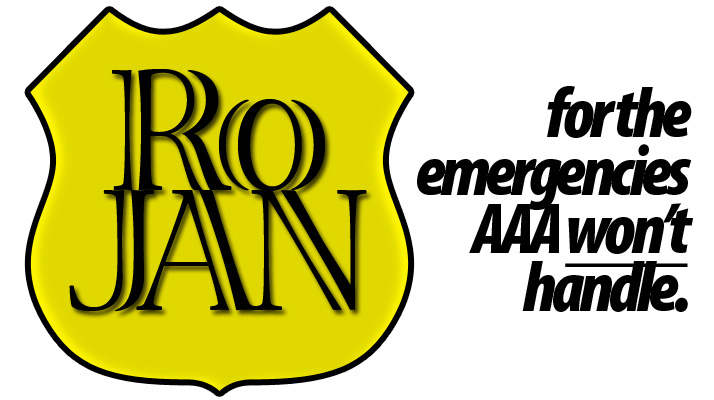There is a fad coming. The buzz inside journalism circles is that great reporting needs to be supported by multiple revenue streams. Walmart won’t support the Beijing bureau anymore, and a paywall might not either. Something else needs to fill in the funding gaps.
Smaller news organizations are looking for their extra sources of revenue, too. Some are encouraged by a chain of joint hyperlocal sites/coffee shops launched[1. And recently closed] in Germany. But I’ve got another idea.
See, I’ve been spending a lot of time at Starbucks lately. That’s what freelance reporters tend to do: find a coffee shop and park themselves there. But my friends and family seem to know this too.
And they’ve been taking advantage of it.
Now that they know I’m around — “and since you’re only typing, Dan,” they’ll say — they’ve made me their go-to emergency contact. This past week, I’ve been the guy they call when their car needs a jump start, or when their cover letter needs a last-minute edit, or when they’re hoping for a ride to the thing in the place that’s only half an hour away, and, Sorry, Dan, but it’ll be during rush hour.
So I’ve been running these errands free of charge. But I think there’s a larger network of coffee shop-based reporters just like me, and I think it’s time we cash in.
With RoJAN.
That’s the Roadside Journalism Assistance Network, as I’ve taken to calling it. Here’s how it’ll work. We’re going to build a network of reporters across the country. When they arrive at their nearby coffee shop, they’ll log into our system. They’ll pop up as “live” on our national map of available reporters. Then, thanks to our handy mobile app, anyone looking for immediate assistance can check to see where the nearest RoJAN reporter is based and contact him/her.
Meanwhile, our reporters will be waiting. They’ll respond to any call — Need a tow? Need an edit? Need a fantasy football dispute settled? — and then they’ll accept payment.[2. Via Square, of course.] Unlike AAA, which costs hundreds of dollars each year, RoJAN will make its money by being speedy, efficient, multi-talented and price-effective.
In other words: it’ll be cheap, it’ll be quick, and its employees will be more versatile than a Swiss Army knife. RoJAN: the roadside emergency service for any problem.
And here’s the best part: once the reporter has finished serving the client, that familiar seat at the Starbucks will be waiting.
Fellow reporters: your alternate source of funding has arrived.


